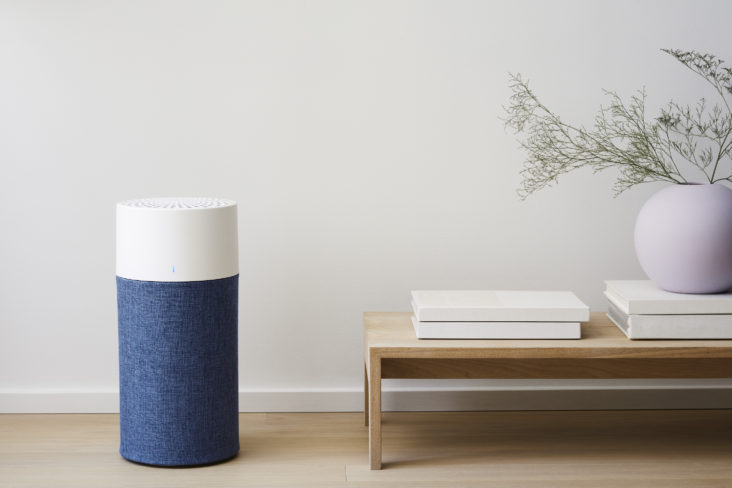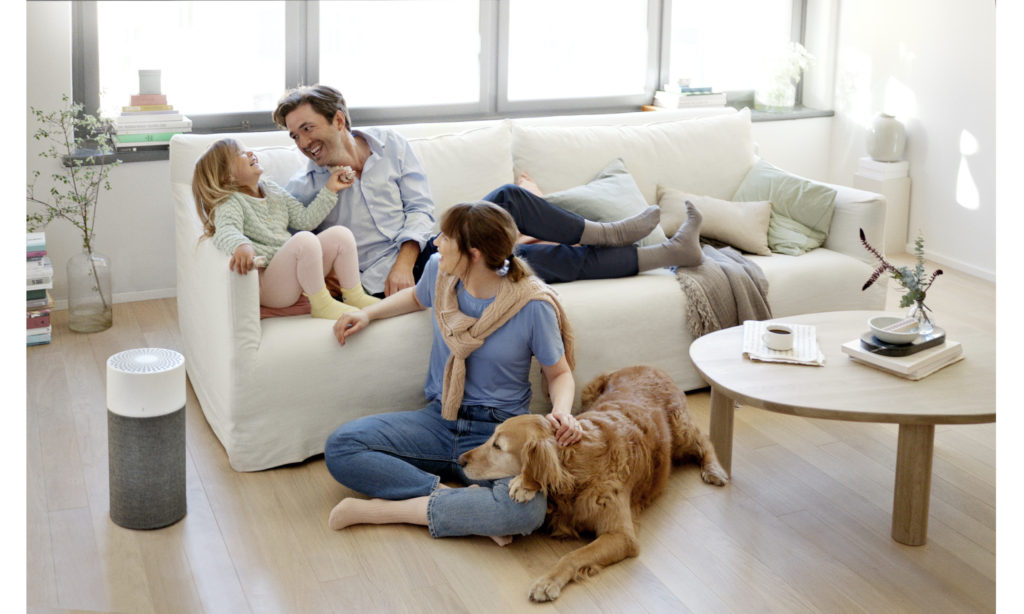World Earth Day: How To Reduce Indoor Air Pollution

Clean healthy air is essential for both your health and the environment. It is important to understand what is found in indoor air and why clean air is so important. On average, we spend around 90% of our time indoors, yet indoor air can be up to five times more polluted than outside. Indoor air is made up of a concoction of particles including dust, mould, smoke, bacteria, viruses, VOCs and pet dander. Other indoor activities, such as cooking and cleaning with chemicals, contribute to poor indoor air quality along with outdoor pollution from transport that makes its ways inside. This causes a build-up of pollutants indoors, taking much longer to disperse than outdoor air pollution due to poor ventilation.
Breathing in fine dust or PM2.5 (also known as fine particulate matter) can penetrate deep into the lungs and cause respiratory difficulties, heart and lung problems and a host of other diseases. Indoor air can also affect other parts of the body in addition to the respiratory system. Atmospheric factors such as air pollution have been implicated in premature skin aging – this includes air pollutants such as smog, ozone and particulate matter. Studies also show a correlation between higher levels of PM2.5 and air pollution with the increased number of people suffering from skin problems such as pigment spots and wrinkles, hives and eczema.
Here are some easy ways you can improve your indoor air:
Open a window
As indoor air is more polluted than outdoors, opening a window is a great way to ventilate your home and create air movement.
Use an air purifier
Opening a window is not always possible, especially for hay fever sufferers, people who live in polluted areas and those who live near busy roads. An air purifier is a great way to remove harmful particles from the air including pollen, pet dander, bacteria, viruses, VOCs and PM2.5. Blueair air purifiers remove at least 99.97% of airborne particles like these from the air we breathe. Air purifiers are also great for removing household odours!
Vacuum regularly
While using an air purifier is the most efficient way to remove airborne particles, vacuuming regularly can effectively remove particles that have become trapped in the carpet. For best results,use a vacuum cleaner with a HEPA filter.
Avoid unnecessary chemicals
Avoid using cleaning products with chemicals that could be harmful to your health. There are many natural, alternative cleaning products now available to buy.
Candles
Toxins from paraffin candles are the same as those in diesel fumes. Children are particularly vulnerable to harmful particles from burning candles as their lungs and brains are still developing. Avoid using paraffin candles and opt for natural wax instead.




